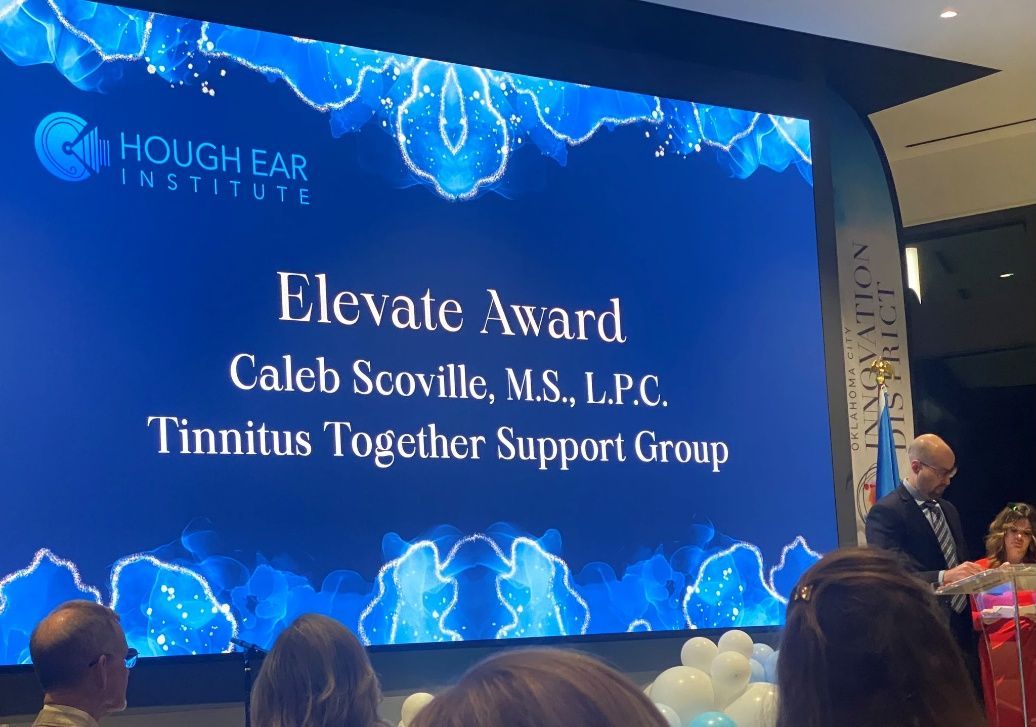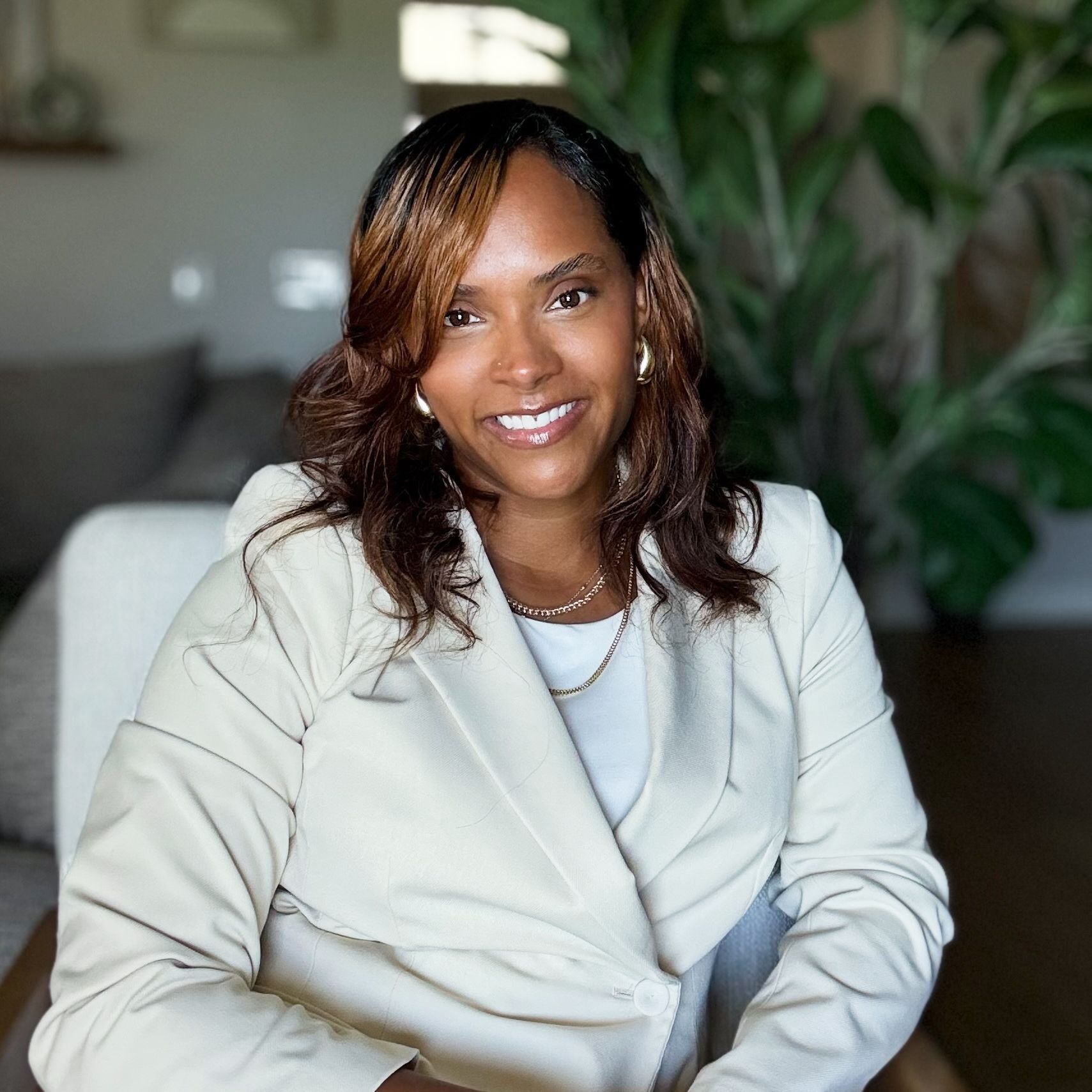Parents, Stop Helping Your Kids!
by Brandon Schmidt, MA, LMFT-S, PCIT
As parents, we would do anything for our children. We would climb the highest mountain and we would swim the deepest depths because we want the best for them. Our children are our responsibility and we hope that we are raising them to be healthy individuals who will be productive members of society. However, even with the best intentions, our children still stray from the path that we are hoping for them.
Good parents love their children. Good parents want the best for their children. And good parents try to give their children all the skills they need to survive in life. Yet, it should be the child's desire to walk in the reassurance of that love, to be confident in that encouragement, and to take what they have learned and not just survive but to thrive. You see, we should strive to do what is healthy and best for them and most of the time, we do. But often times parents forget that one of the most empowering words that their child needs to hear is "No."
Let's be honest, we as parents, we have a hand in who are kids have become or who they are becoming. Yet, at some point, they have to own their decisions and live up to the expectations that make them healthy or not. And we as parents, we must learn when to say "No" because we can have all the great intentions in the world, yet as the saying goes: "The pathway to Hell is paved with good intentions." Occasionally, we as parents, we can love our kids too much.
We can love our kids too much? You might ask. That can't be right?! Can it?? Well, if our idea of helping our children is to give them money to pay their rent when they have gambled their paycheck away. Or to buy them a new car in hopes that they can find a job and escape their drug addiction. Or when your child's teacher informs you of behavior issues in class or a laziness in completing school work, and you spend more time scolding the teacher than reprimanding your child. If these are our ideas for helping our children, then please parents, stop helping your kids!
So how do we empower our kids to live up to their potentials and stop living for selfish gains? Set good solid boundaries with your kids.
Here are 4 tips that will help you get there:
- Define your boundaries. To develop boundaries for yourself, you have to know what you value, think and where you stand. This is not always easy to define, but it’s so important that your child knows who you are and what you believe. This doesn’t mean you should be rigid; it means you communicate your personal values and stick to them. If your value is to be honest, for example, then talk it and walk it. Kids are guided in life by watching what you do, which often makes more of an impression than what you say.
- Make your expectations known. Make a list of what you expect for yourself in relation to your kids. Think about what you can and can’t live with; think through what matters most to you. Is it responsibility, loyalty, respect? If it’s helpful for you, write it out. Tell your kids what your guiding principles are. Notice in coming up with this list that you are not attempting to control your child but rather, you are taking charge of yourself. If one of your principles is “respect” and your son is frequently rude to you and calls you names, let him know the consequence he can expect from you each time that happens. Let him see that you respect yourself and will follow through. This is different than trying to “make him” speak the way you want him to. You’re giving him the choice, but you’re holding him accountable.
- Get your focus on yourself instead of your child. When your child is acting poorly and not listening to you, think about how you can more clearly communicate what you expect—and hold her accountable when she doesn’t listen. Try to say things in a way that conveys that you mean business; expect to be listened to and taken seriously. As difficult as it is to look at yourself openly and honestly, it will help you to stop doing the impossible—which is like hitting your head against the wall as you try in vain to control your child. Instead it will open you to the possibility of taking charge of yourself. By doing this, you will be continuing your own growth. Your own self-knowledge and maturity will help lead your kids to find theirs.
- Let your child feel the impact of a crossed boundary. Help your kids experience the impact of crossing boundaries so that it becomes part of their reality. Admit when you have crossed someone else’s boundary and apologize for it. And when your kids cross one, let them know and hold them accountable. Let’s say you promise your child that you’ll drive him to the movies after he does his chores—but he plays video games instead. If you follow through by not driving him, your child will experience the consequences, and will come to understand on a deep level what you expect for yourself. He will know that you respect yourself and mean what you say. Eventually, he will learn good boundaries for himself and how to respect others, as well.
Without healthy boundaries, without the empowering presence of the word "No", and without the experience of failure, what you call "love" or "acceptance" becomes a license for chaos and entitlement in your child's life. Your child needs you to set boundaries, they need you to establish rules. They might never say this you , as parents, but I hear it often from my teenage clients: They want you to be consistent and follow through with consequences. Let's stop "helping" our kids and start empowering them.
Author: Brandon Schmidt, MA, LMFT-S, PCIT. Brandon is a Licensed Marriage and Family Therapist and an Approved Supervisor in the State of Oklahoma. He is also a Certified Parent-Child Interaction Therapist and a clinical member at Transforming Life Counseling Center.
Pincus, Debbie. Parental Roles: How to Set Healthy Boundaries with Your Child. Empowering Parents, July 2015, https://www.empoweringparents.com/article/parental-roles-how-to-set-healthy-boundaries-with-your-chi.... Accessed 11 February 2017.







